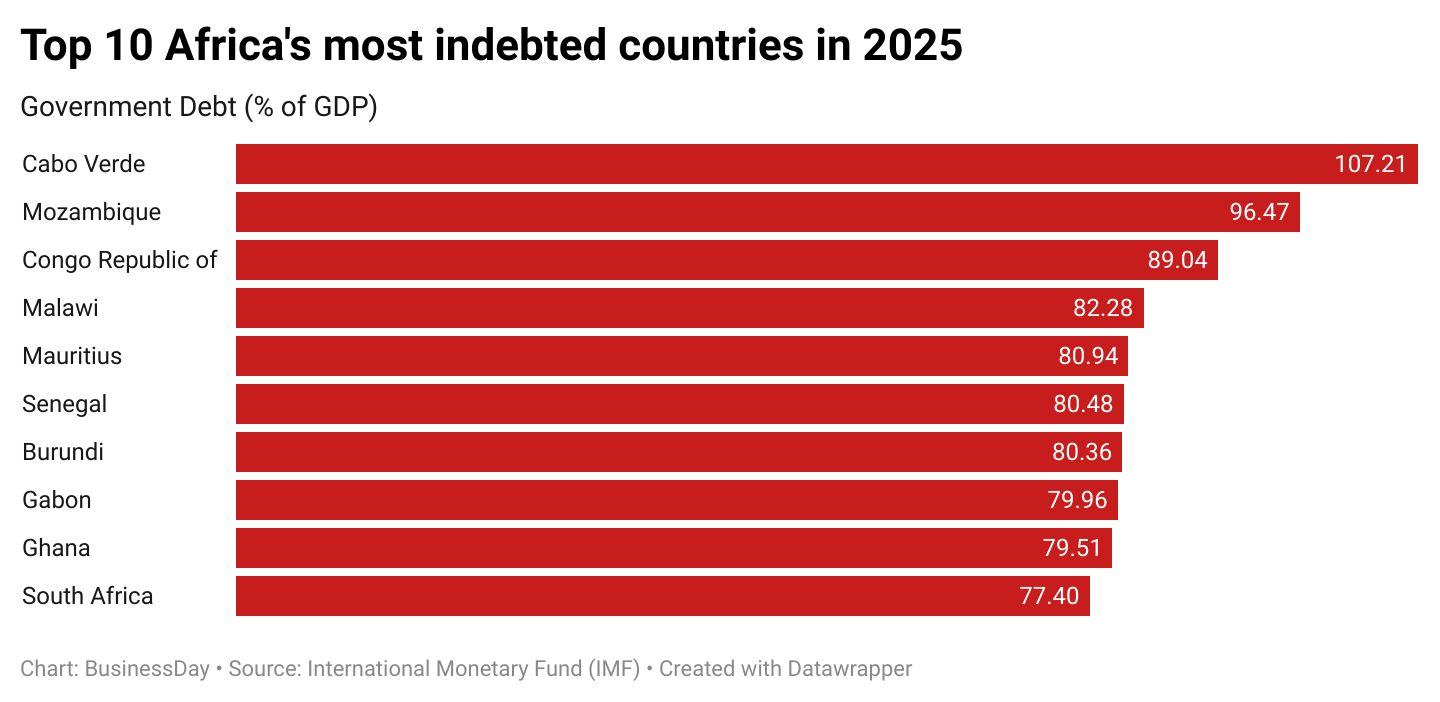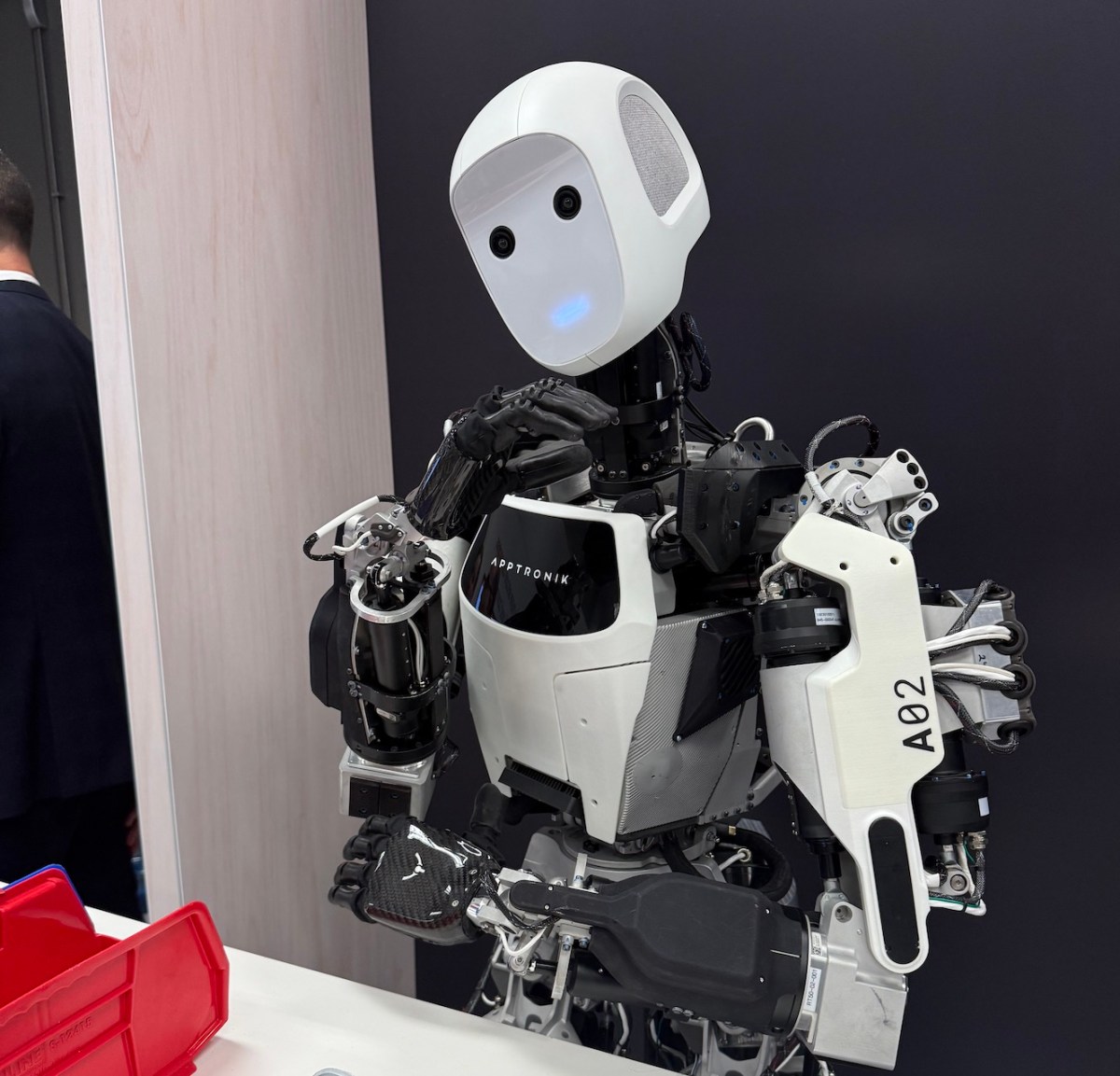Indian Institute of Technology Madras (IIT Madras) has become the first research organisation in the world to release the most detailed 3D high-resolution images of the fetal brain.
For the first time, in the world, 5,132 brain sections have been captured digitally using the cutting-edge brain mapping technology developed by the Sudha Gopalakrishnan Brain Centre in the Institute. This work will advance the field of neuroscience and potentially lead to the development of treatment for health conditions affecting the brain.
This is the first time such advanced human neuroscience data has been produced from India. The project was done at less than 1/10th of the costs in Western countries. The research was undertaken by a multidisciplinary team at IIT Madras with researchers from India, Australia, US, Romania and South Africa and medical collaborations with Chennai-based Mediscan Systems and Saveetha Medical College Hospital, said a release.
Unique project
V Kamakoti, Director, IIT Madras, said, “We have started a very unique project of dissecting the brain at 0.5 micron accuracy and analysing it at a cellular level. We have now created a structural model for different brains and what we are releasing today, “DHARANI” is for five fetal brains in the second trimester, between 14 and 24 weeks. There are very lot of interesting developments that happened along with this research.”
Data generated by the institute has been validated by a 130-year-old “Journal of Comparative Neurology.” This is a true example that research in very deep core technology can happen in India and has happened at a phenomenally low cost, Kamakoti added.
The work was supported by Kris Gopalakrishnan, IIT Madras Distinguished Alumnus and Co-Founder, Infosys, Premji Invest, Fortis Healthcare and Agilus Diagnostics. NVIDIA, the leading AI company, partnered with the Centre to help process these petabytes of brain data.
Kris Gopalakrishnan said this accomplishment reconfirms that Indian R&D can create world-class science and technology. It also demonstrates the success of a unique public-private-philanthropy-partnership model.
Mohanasankar Sivaprakasam, Head, Sudha Gopalakrishnan Brain Centre, said, “This study will pave the way for new scientific discoveries, allowing quantification of neurodevelopmental disorders and advances in fetal medicine. This is now the largest publicly accessible digital dataset of the human fetal brain, advancing current knowledge by 20X. This is the first time such advanced human neuroscience data has been produced from India and made freely available as a global resource.”









Leave a Comment